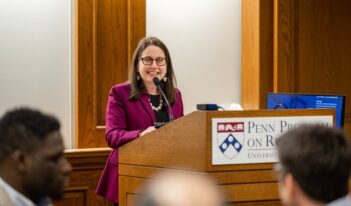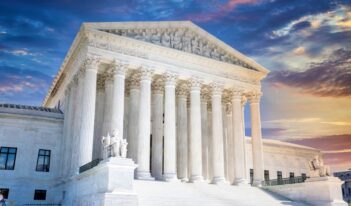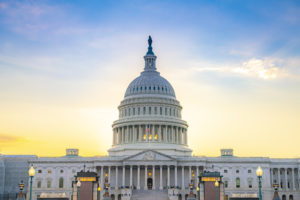From Regulation 1.0 to 2.0
Technological changes are driving market changes that will call for new forms of regulation.
Using Technology to Improve Administration
ACUS issues new recommendations to enhance administrative governance through digital technology.
Agile Regulation in a Changing World
Experts extol the virtues of applying agile thinking to regulatory policymaking and implementation.
The Supreme Court’s 2022-2023 Regulatory Term
Legal scholars discuss the Court’s most significant regulatory decisions of the last term.
Improving and Disclosing Agency Decisions
ACUS issues three recommendations to improve agency decision-making and enhance governmental transparency.
ESG and Retirement Plan Investing
Scholars and practitioners assess recent changes to ERISA regulations that allow greater choice in investing.
Mobility Justice
Experts discuss how regulators can make transportation systems more accessible and just.
The 2022 Regulatory Year in Review
The Regulatory Review presents its leading essays from the past year.
A Global Regulatory Policy Outlook
The OECD publishes major report on common regulatory challenges faced by countries around the world.
Administrative Law in Comparative Perspective
Around the world, administrative law promises to promote effective and legitimate government.
Reining in Repeat Offenders
In the 2022 Distinguished Regulation Lecture at Penn Law, CFPB Director urges regulators to take action against corporate recidivists.
Using Technology and Contractors in the Administrative State
Government agency recommends that other federal agencies follow best practices for automation, notice, and use of private contractors.












